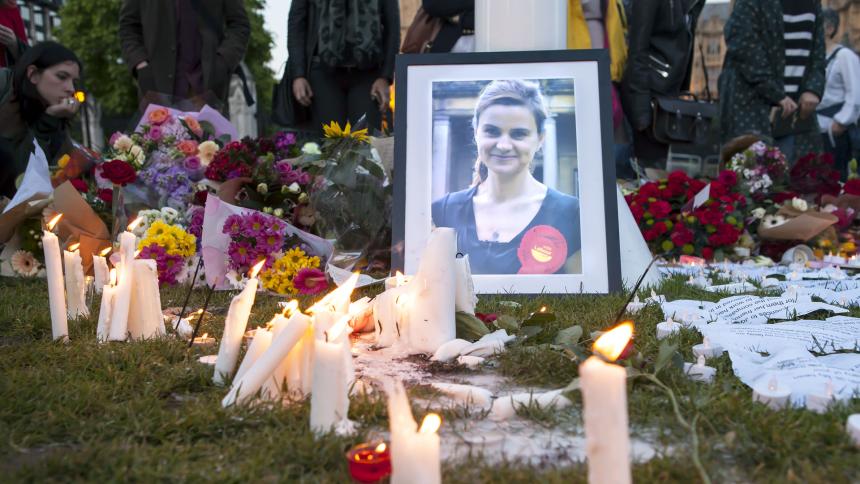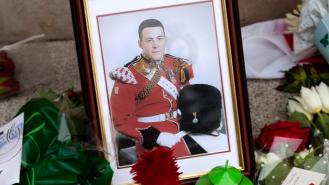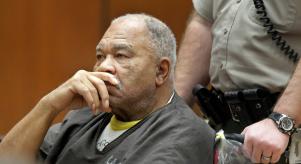
Shocking political murders in Britain since the 90s
On the 16th of June 2016 Jo Cox, labour politician for Batley and Spen, was murdered in a politically motivated attack. She was on her way to a routine constituency surgery when Thomas Alexander Mair, a gardener by trade, shot Jo using a modified hunting rifle. After shooting her twice in the head and once in the chest, Mair proceeded to stab Jo 15 times. While Mair was known to have been struggling with his mental health at the time, he was found to have been stable and cognisant at the time he committed murder; he was found guilty and was sentenced to a whole life term meaning that he won’t ever be eligible for parole.
Mair’s connections to neo-fascist organisations clashed directly with Jo’s beliefs in the positives of the European Union and immigration. Mair made no direct attempts to defend his actions throughout his trial and cited that he had murdered Jo to ‘keep Britain independent’ and ‘keep Britain safe’, cementing that the motivation was political. Jo’s murder was the first assassination of a British MP since the death of Conservative MP Ian Gow in the 1990s. However, while it’s exceedingly rare for MPs to be murdered, Britain has been the setting of politically motivated assassinations several times since the 1990s.
Alexander Litvinenko (2006)
Alexander Litvinenko was a former officer of the KGB and FSB. In 2000 he escaped Russia and sought political asylum in the UK following his critical whistle blowing on the corruption that he had witnessed within the Russian government. On November 3rd 2006, Litvinenko was hospitalised after having been experiencing extreme vomiting and diarrhoea for the past three days. The next three weeks of Litvinenko’s life were played out in the worldwide media in scenes that felt more at home in a spy thriller than real life.
In the beginning the belief was that Litvinenko had been poisoned with Thallium. Further intensive study at the UK Atomic Weapons Establishment (AWE) found that he had in fact been poisoned using a radioactive isotope: Polonium-210. On November 22nd Livinenko’s heart stopped after a long and painful battle with radiation poisoning. It was later found that his body had received five times the lethal dose of Polonium-210 hidden in a cup of tea.
Litvinenko’s final deathbed confession named Putin directly, and once again criticised his political rule of Russia.
Lee Rigby (2013)
On May 3rd 2013, Fusilier Lee Rigby was killed in front of the Royal Artillery Barracks in Woolwich, south London. It was the early afternoon, and Rigby, who was off duty at the time of his attack, was run down by a car in the street in front of horrified bystanders.
Rigby’s attackers, Michael Adebolajo and Michael Adebowale, proceeded to stab and hack Rigby to death in broad daylight, then dragged Rigby’s lifeless body into the middle of the street and waited for the police to arrive.
As they waited, the duo informed passers-by that they had killed Rigby as an act of vengeance for Muslims that had died at the hands of the British military. Once armed officers arrived at the scene the pair rushed towards them brandishing their knives and a gun. The police fired shots that wounded the pair before apprehending them and taking them in to custody.
Both Adebolajo and Adebowale were found guilty of Rigby’s murder. Adebolajo was given a whole life sentence meaning he won’t ever be eligible for parole, and Adebowale was sentenced to a minimum of 45 years. International political and Muslim leaders condemned the pairs actions.
Sergei and Yulia Skripal (2018)
When Sergei Skripal, former Russian military officer and British double agent, took his daughter for a quiet lunch in an Italian restaurant in the sleepy town of Salisbury, the last thing either of them expected was that they were about to be the targets of an assassination attempt. Poisoned with the Novichok nerve agent, a soviet era nerve agent, both Sergei and Yulia were found unconscious and in a state of distress on a park bench shortly after leaving the restaurant. They, along with a police officer who had responded to the scene, were hospitalised and, after several weeks in a critical condition, were later discharged.
While the assassination attempt had been unsuccessful in killing its prime target, it led to a political uproar in the UK. Russia was directly blamed for the poisoning, and the impact led to 153 Russian diplomats being expelled from the UK.
In June later that year, a similar poisoning happened in the nearby town of Amesbury. A local resident found a perfume bottle in the rubbish and took it home to his girlfriend as a gift. Within minutes of spraying it on her wrist the pair fell ill. She died a short while later whilst her boyfriend spent several weeks in intensive care. Intelligence believe that the second poisoning was not related to the first attack, but an unfortunate happenstance related to the perpetrators disposal of the nerve agent used.
The men believed responsible for the attack claimed that they were simply visiting Salisbury Cathedral and denied any knowledge of the attack.






